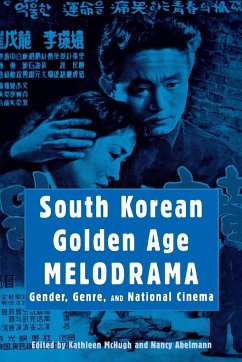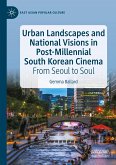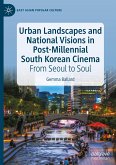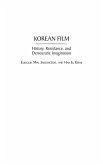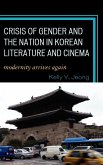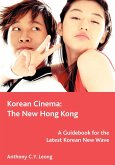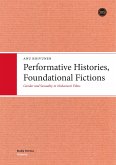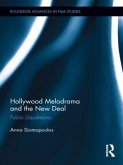Immediately following the Korean War, South Korea's film industry flourished with vibrant local production of high-quality films. Characterized by its stunning melodramas, this "Golden Age" of South Korean cinema produced a body of work as historically, aesthetically, and politically significant as that of other well-known national film movements such as Italian Neorealism, French New Wave, and New German Cinema. Conditions that fostered South Korea's cinematic Golden Age were short lived; a brief period of intense poverty and struggle-but also creative freedom-was ended by the dictatorship of Park Chung Hee in the late 1960s. Strong international interest in South Korea's current film renaissance make an analysis of this enormously underappreciated cinematic tradition long overdue. South Korean Golden Age Melodrama is the first English-language book to examine this era of remarkable activity, covering the specifics of the Golden Age as well as the influences it has had on contemporary South Korean film and television. Given the compressed, ambiguous, and fundamentally transnational social and political dramas of South Korea's history, South Korean Golden Age Melodrama addresses the widespread appeal of particular film modes and aesthetics, especially that of the melodrama. These essays also examine genre in relation to articulations of nation and constructions of gender in Golden Age films and how the nation manifests itself in persistent gender and genre trouble. Combining textual analysis, reception, and historical/cultural detail, South Korean Golden Age Melodrama skillfully renders the complexity of the Golden Age. Contributors cite both domestic and foreign films to demonstrate the generic and transnational impact of Golden Age cinema, sometimes calling into question the very integrity of "national cinema" in light of the workings of a transcultural cinema sphere during that era. With nine chapters, sustained treatments of nine canonical Golden Age films, together with extended consideration of contemporary film and television, this volume offers a rich contribution to the theorization of film genre and national cinema and their relationship to gender.
Hinweis: Dieser Artikel kann nur an eine deutsche Lieferadresse ausgeliefert werden.
Hinweis: Dieser Artikel kann nur an eine deutsche Lieferadresse ausgeliefert werden.

